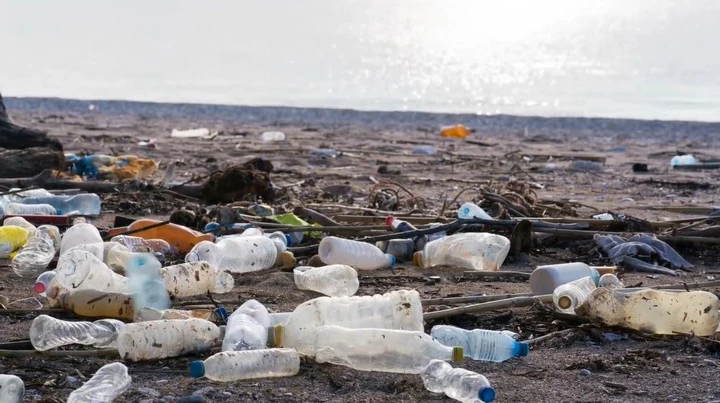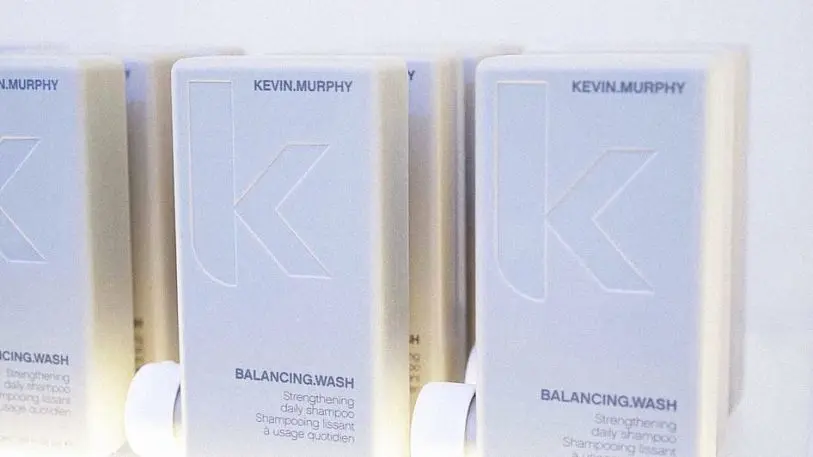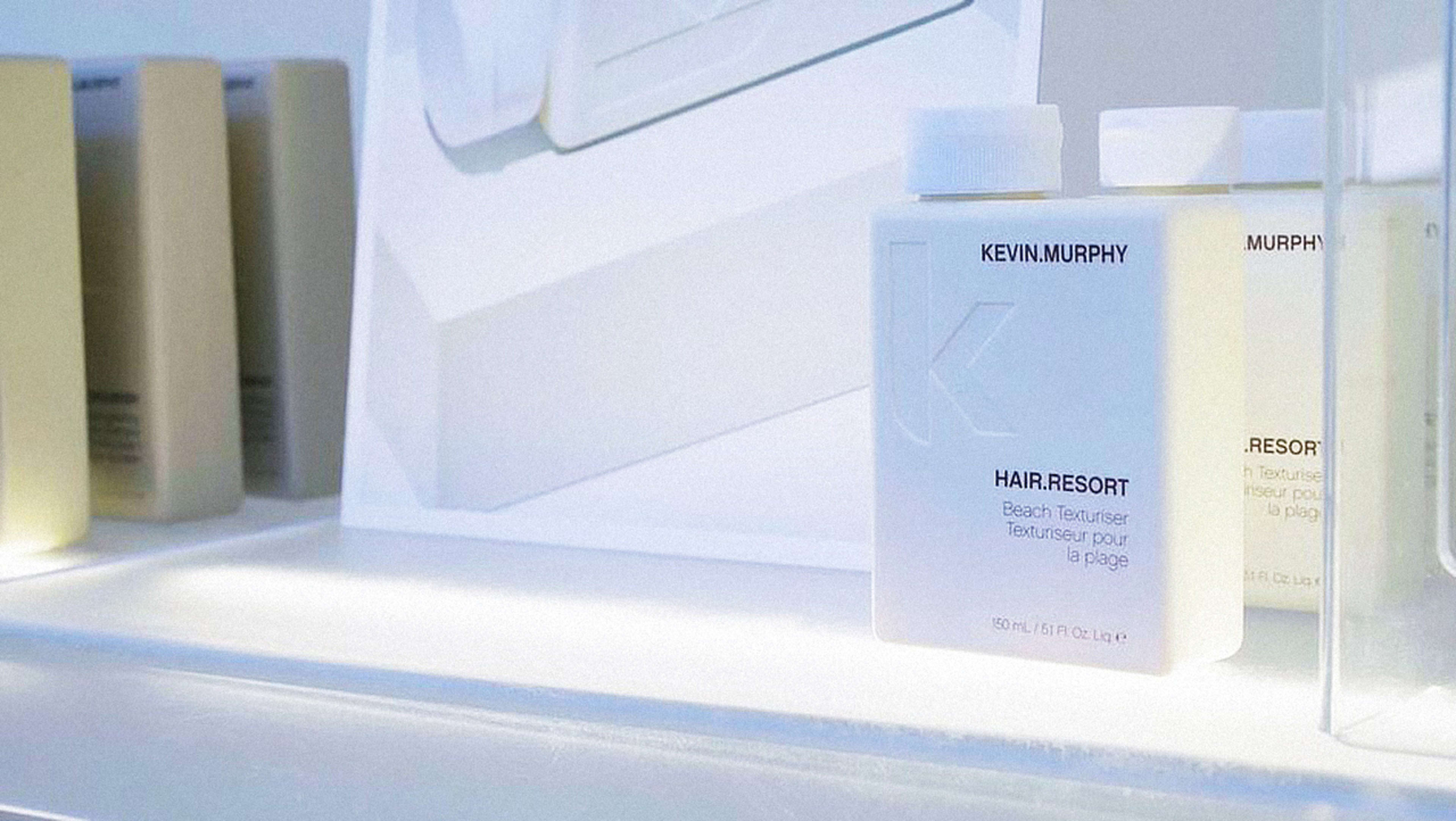Last year, Kevin Murphy, the Australian founder of the eponymous hair care company, was chatting with a couple of friends who had just returned from Bali. When they’d go to the beach in the morning, the sand would be pristine, but by the afternoon the beaches would be covered in plastic. “It comes in every day,” Murphy says. While locals attempt to clean up the plastic, it’s beginning to overwhelm the country, and it’s unlikely to stop: Up to 8 million tons of plastic make their way into the oceans each year. Over 5 trillion pieces of plastic currently litter the oceans, and by 2050, they’ll outnumber fish.

While innovators across the world are developing ways to unclog the waterway, like Boyan Slat, the young inventor whose giant Ocean Cleanup vessel just disembarked on its inaugural journey to the Great Pacific Garbage Patch, some entrepreneurs, like Murphy, are realizing they can help. Kevin Murphy products are, after all, cased in plastic–around 360 tons of it are used in the production of the company’s bottles each year.

Starting next year, though, those 360 tons of plastic will come directly out of the ocean. Pack Tech, a Denmark-based packaging manufacturer that works with Kevin Murphy, has started sourcing ocean plastic, and working with partners to clean and shred it to the point that it can be reconstituted as a usable material. When Pack Tech approached Murphy and his team about the possibility of switching to 100% ocean plastic packaging, “we all made the decision really fast to move forward,” Murphy tells Fast Company. “It felt like kind of a no-brainer.” He announced it during the company’s annual industry conference in Las Vegas last week.
They did hit a slight snag, however, at the economics. Because sourcing ocean plastics is still relatively new and requires a complex supply chain–from commissioning the trawler boats to transporting the plastic to facilities where it can be treated and reprocessed–it’s around five times more expensive than virgin plastic. That, Murphy says, “was a bit devastating at first.” But the company’s financial team ran the numbers and determined that if the sale price of the products came up by 7%, the company could absorb the rest of the cost without damaging operations or drastically affecting its budget. “We have swallowed a lot of the cost ourselves to make this happen,” Murphy says, “but we feel the issue is so important to the future of the planet that we need to make that sacrifice.”

In the beauty landscape, which is dominated by large companies like L’Oreal, Kevin Murphy is still small–it has about 100 employees. But it’s growing quickly–at a rate of around 109% over the past three years–and distributes to salons internationally.
Murphy is confident that customers will be willing to pay the slightly higher price for the products in ocean-plastic bottles (the brand has somewhat of a cult following among high-end salons), and the company will be rolling out a social media scheme and a new label on the bottles indicating their origin next year.
Kevin Murphy is far from the first company to integrate ocean plastics into its packaging: Around 25% of the plastic that goes into the trays that hold Dell computers in place, for instance, comes from plastic that otherwise would’ve ended up in the ocean, and the Lonely Whale foundation, which advocates for cleaner oceans, is working with other companies to help them integrate ocean plastic into their supply chains. Adidas, too, has developed a line of shoes made from threads spun out of reclaimed plastic waste. But Kevin Murphy is rare for going all-in: “Most other companies incorporate ocean plastic as a fraction of what they use, but we wanted to make a 100% switch,” Murphy says. The company is willing to act as a mentor for any other brand looking to make a similar shift.
Recognize your brand’s excellence by applying to this year’s Brands That Matter Awards before the early-rate deadline, May 3.
